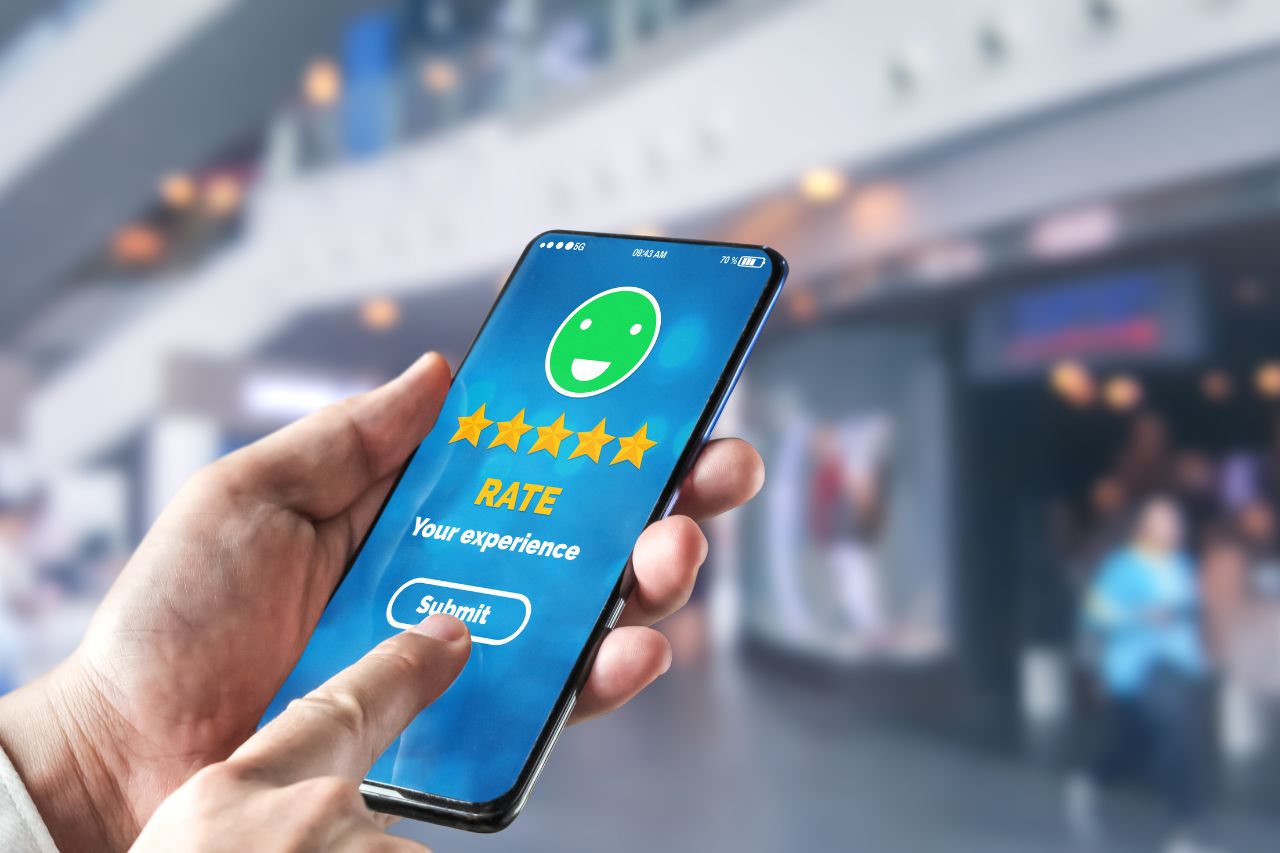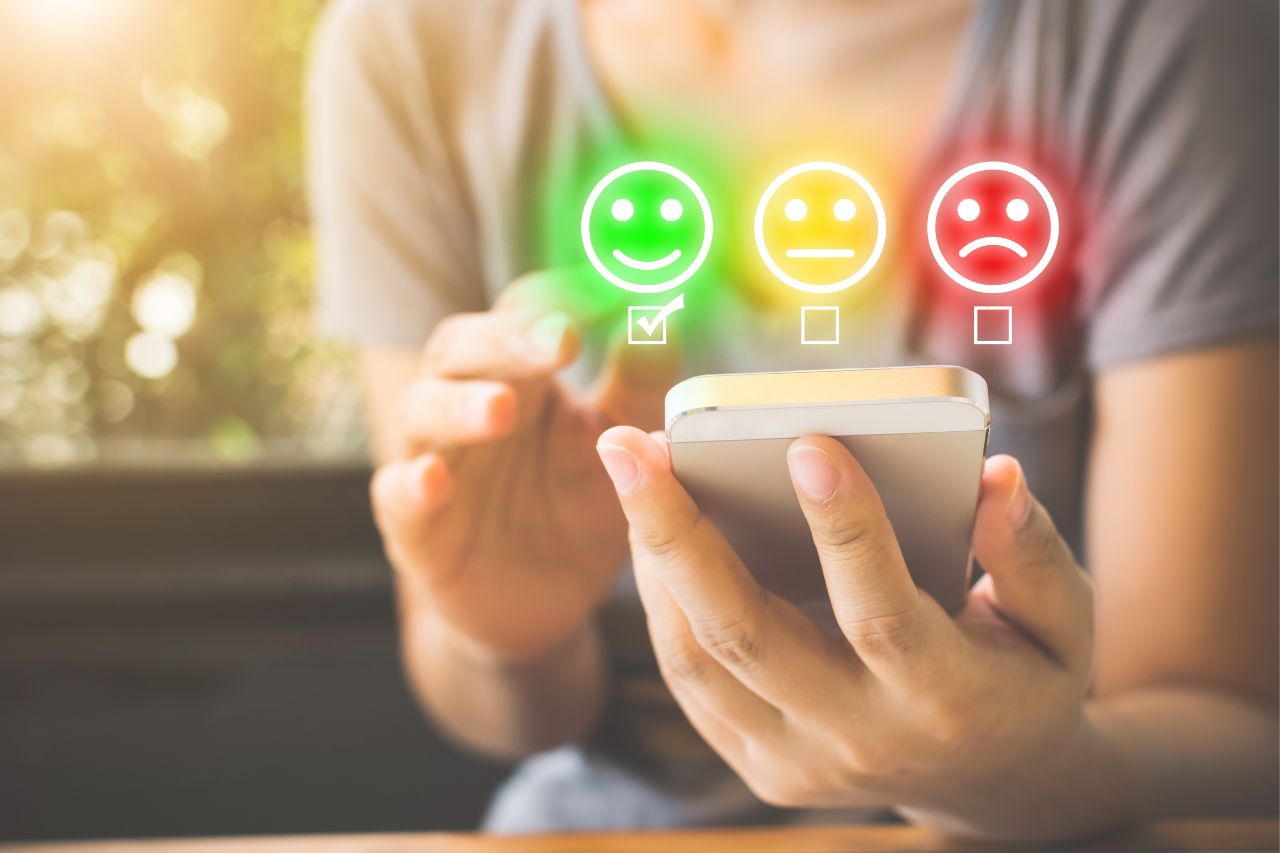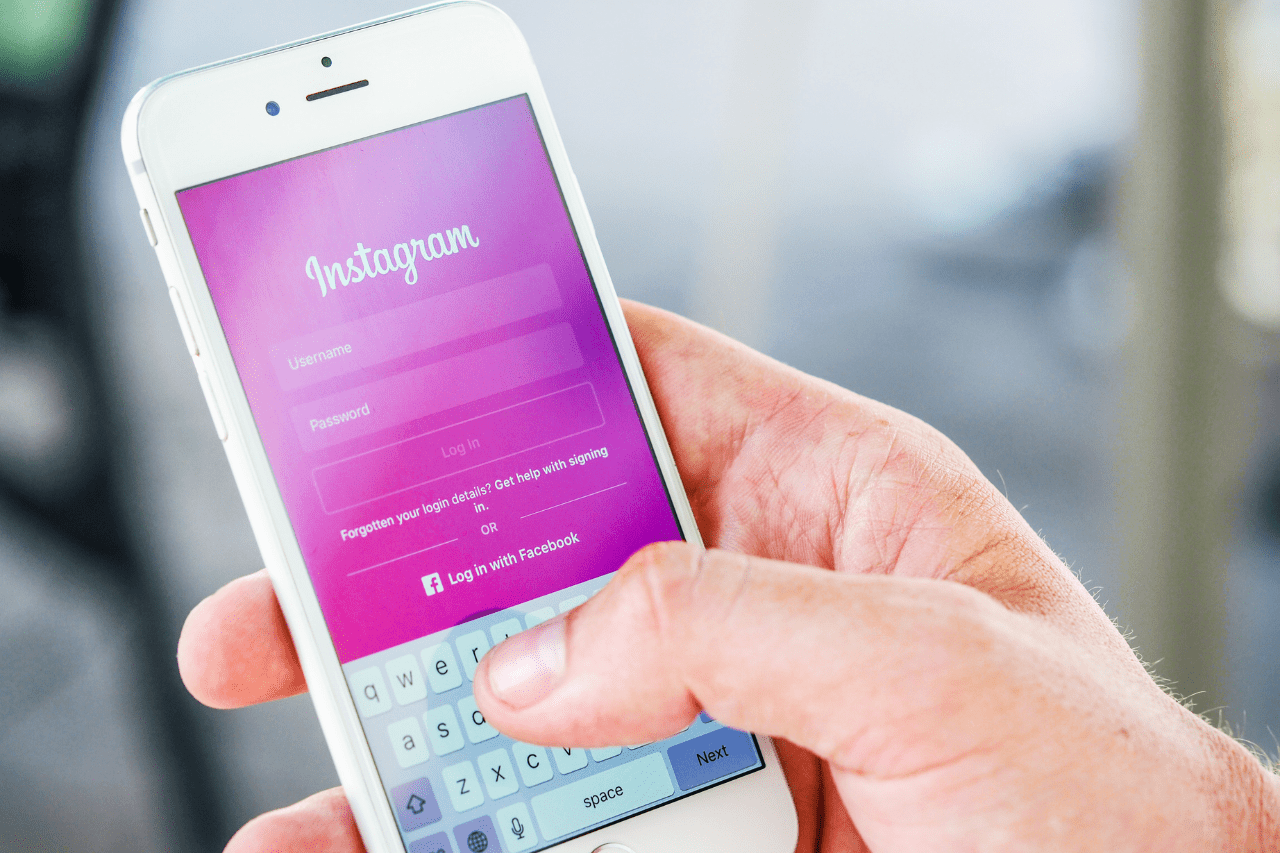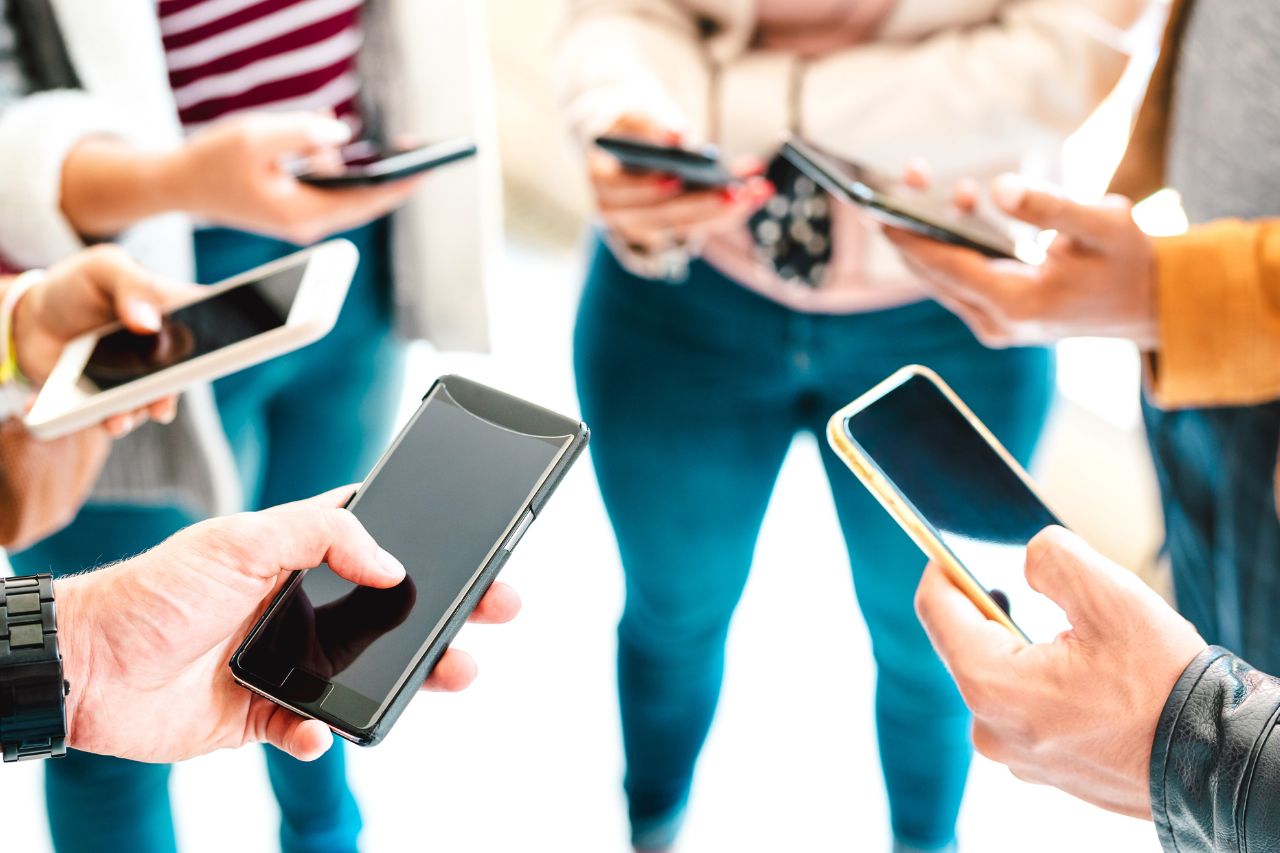Social media has become an integral part of daily life for many of us. From tweeting our friends’ updates and liking their posts on Instagram to staying abreast of celebrity gossip, social media is now part of everyday life for most.
Social media platforms provide businesses with an invaluable way to connect with customers, run marketing campaigns, and build brand recognition – but when these platforms go offline they can leave businesses reeling in their wake.
Challenges
Businesses face numerous hurdles in social media marketing. Two key challenges include setting clear marketing goals and knowing which metrics to track; this can be especially challenging since social media platforms all offer different algorithms and trends that evolve constantly.
As part of their social media strategies, marketers often forget that not every strategy will bring the desired results. To overcome this hurdle, marketers should monitor the performance of campaigns and utilize data derived from these campaigns to make educated decisions based on informed data analysis.
Staying current with social media trends and changes can be challenging for businesses. Social media platforms are constantly altering their algorithms and adding new features that make it difficult to remain up-to-date and relevant for businesses. To combat this challenge, businesses should develop an extensive content plan with sufficient flexibility for any changes that arise as needed.
Communication on social media can be challenging, particularly between businesses and customers or clients. Businesses sometimes fail to reply promptly when followers contact them with inquiries; this leads to disengagement from followers as well as reduced customer satisfaction. To address this challenge effectively, businesses should post at least once daily and respond swiftly when customers inquire about products or services offered.
Social media remains an essential tool for business marketing despite these obstacles, yet businesses should avoid over-relying on any single platform; to mitigate the risk, businesses should create a plan that includes multiple marketing channels should the primary platform become unavailable or disrupted.
Strategies
Social media platforms are essential platforms for businesses, allowing them to communicate with customers, run paid and unpaid marketing campaigns, stay in contact with communities, and stay in contact with local government bodies. When these platforms go down for extended periods, this can prove challenging – potentially losing thousands in sales and customers over time. Luckily there are strategies companies can utilize in order to mitigate any impacts related to downtime, outages, or disruptions on their social media presence.
Utilizing multiple channels for product or service promotion, and setting up alternative communication channels are great ways to prepare for unexpected circumstances. By having this plan in place, you can still reach your target audience even when the platforms you rely on go down.
At times of crisis, it’s also wise to have preapproved messaging ready so that you can swiftly communicate important details to your target audience. This will help ease customer anxiety by quickly relaying vital details that could prevent them from venting their experience on social media or making assumptions about its cause.
An alternative strategy is to develop a system that redirects customer complaints away from social media to easily accessible platforms, so your customer service team doesn’t become overwhelmed during a crisis while giving your organization an opportunity to address and resolve issues more efficiently.
An additional strategy should involve educating employees about the appropriate amount of time they should be spending on social media in the workplace, and creating a clear policy regarding acceptable usage during an outage or disruption. Studies have revealed that excessive social media usage can lower employee productivity while having negative repercussions for business operations.
Finally, companies can mitigate the effects of social media downtime by informing their community of alternate forms of interaction such as email. This will reassure customers that the issue has been recognized and is being worked upon while also helping avoid confusing or frustrated customers who start asking questions about why an app or website they can’t access exists.
Communication
Businesses rely heavily on social media platforms as the main avenue to communicate with customers, both paid and unpaid marketing campaigns, and brand messaging. When the platform fails, brands are left scrambling.
There are tools available to you that allow users to check whether a website or service is experiencing issues, or whether the status is currently down. Such websites as downdetector, outage-radar, and Facebook’s status page allow for this monitoring and help users determine when issues will be resolved. These resources include downdetector, outage-radar, and Facebook status page as some examples.
Businesses should leverage various channels of communication for maximum impact. Email remains one of the best methods of connecting with customers, but other platforms should be explored as well in order to promote content effectively and ensure your brand doesn’t miss any valuable marketing opportunities.
Recent Facebook, Instagram, and WhatsApp outages caused global outrage. Each platform remained down for six hours or more, forcing users to turn instead to other services such as Twitter and TikTok for news updates and entertainment purposes. Furthermore, their absence exposed how addicted some individuals were to these social networks.
Facebook is currently suffering due to allegations from a whistleblower who provided documents to the Wall Street Journal, making claims that the company prioritizes profits over public safety by failing to adequately prevent misinformation on its platform. This crisis has seen its stock plummet significantly and fuel criticism that its platform may be harmful to society.
Businesses should create and implement a comprehensive communications strategy that includes all channels available to them in advance to reduce confusion and avoid frustration in case an outage or disruption to social media occurs.
Customer support teams need to be equipped to handle inquiries and requests when social media channels go down, according to Statista customers have more positive views of companies that respond promptly to their customers’ questions and concerns on social media, so having an outage plan in place is key to maintaining customer trust and loyalty during an outage.
Alternative Marketing Channels
Many companies rely on social media marketing strategies exclusively to raise awareness about their products or services, announce sales or special offers, and drive traffic to their websites. Social platforms provide businesses with an effective means of reaching a large target audience quickly and cost-effectively while simultaneously diversifying their marketing channels.
Establishing alternative marketing channels is crucial for all businesses, regardless of whether they rely heavily on social media for promotion. Such channels include experiential marketing, storytelling marketing, content marketing, event marketing, and buzz marketing – each designed to expand audience reach while creating a more consistent brand experience across all touchpoints.
Experiential marketing allows a brand to reach a new audience by hosting memorable and distinct events, while storytelling marketing helps brands establish themselves as thought leaders within their industries by producing and sharing valuable content. Content marketing serves to educate and motivate audiences through articles, blogs, and podcasts; event marketing draws customers together in physical spaces for product and service promotion and selling purposes.
As part of any marketing strategy, it is vitally important to gain an in-depth knowledge of your target audience’s needs and preferences before selecting the most effective channels to use – for instance, if you’re targeting young adults it might be more cost-effective to advertise via Instagram than Facebook for instance. Furthermore, it is also crucial to analyze competitors’ ad strategies in order to assess what works and identify areas for growth.
Diversifying your marketing channels to ensure continued engagement with audiences even if a major platform goes down is of critical importance, whether this involves exploring new channels such as TikTok or Quora or expanding existing ones such as email and social to integrate them with other platforms like Pinterest. Furthermore, regularly reviewing the performance of marketing campaigns is crucial to identify any areas for improvement or expansion.











